Making a
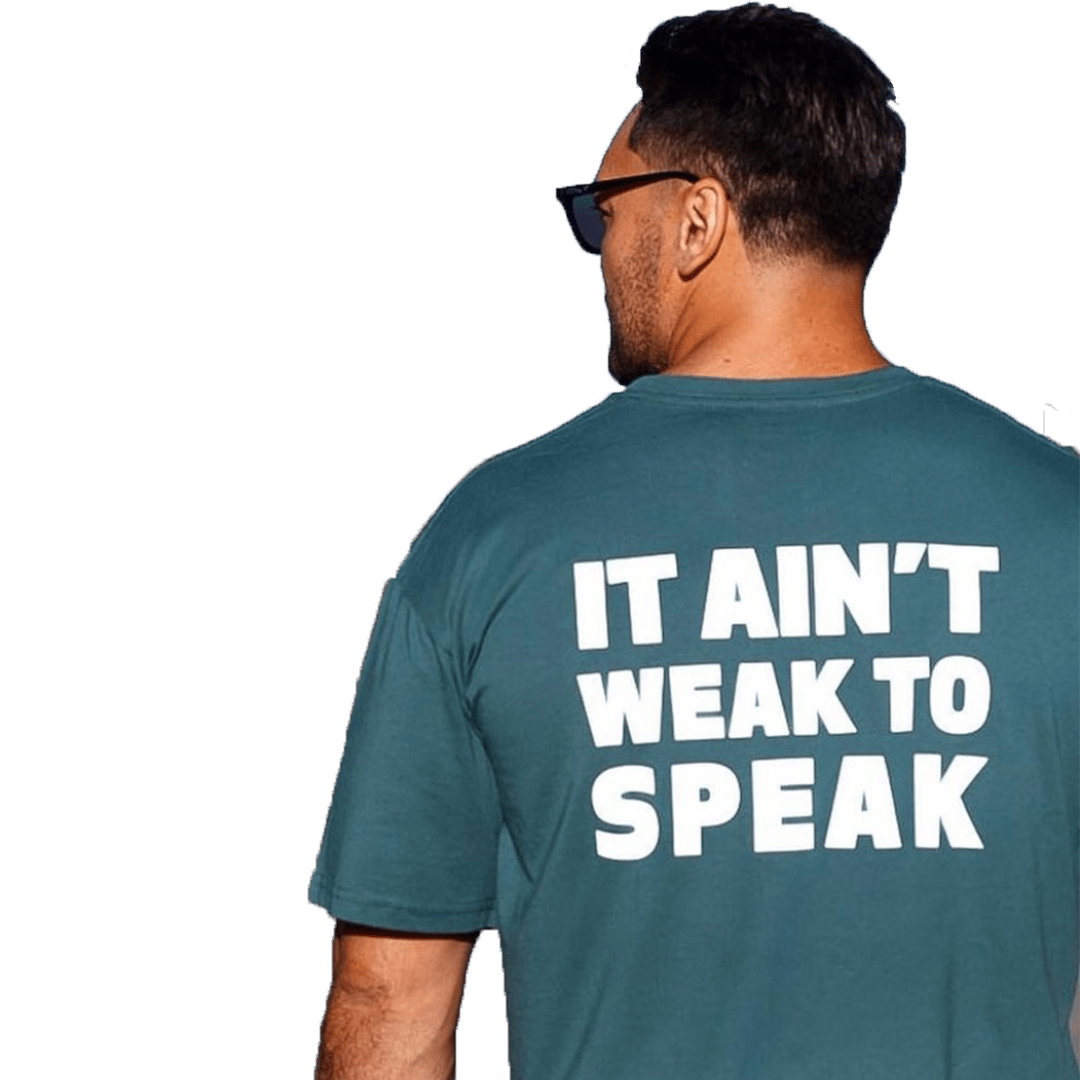

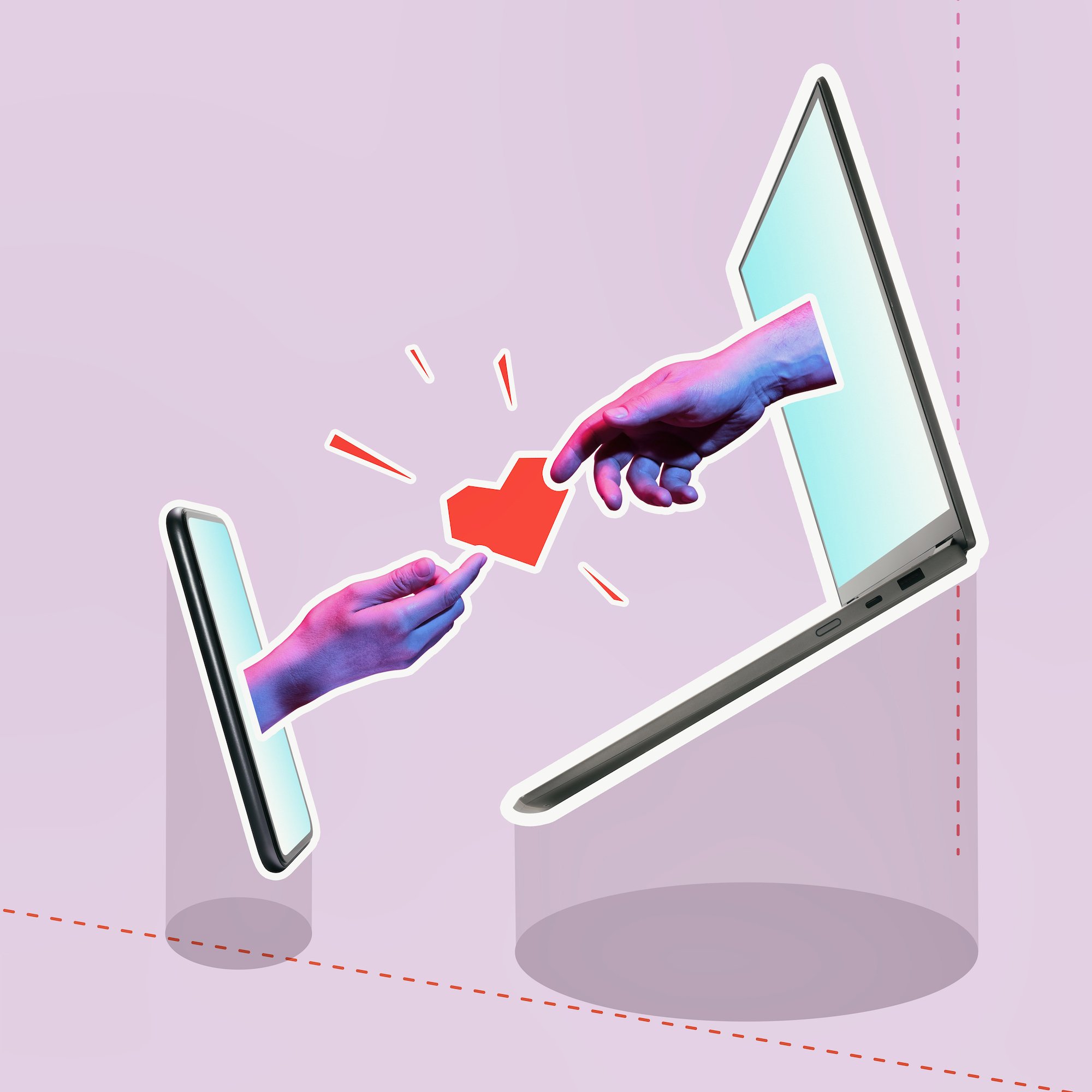
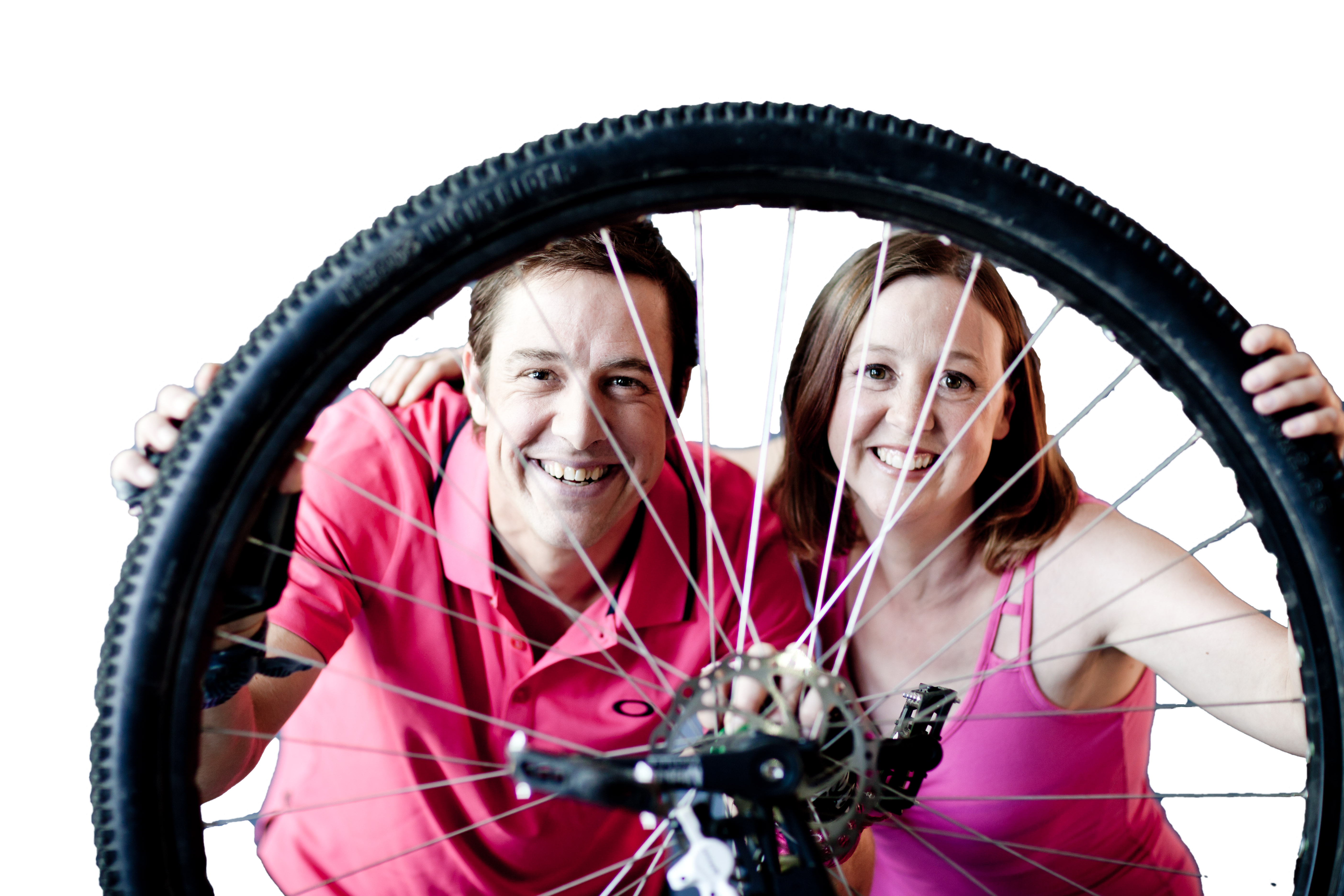
We all know how important first responders are to our community. The people who work tirelessly to ensure we’re kept safe, healthy and out of danger, and often our first contact with a first responder happens on what could be described as the worst day of someone’s life. Whether it’s a medical emergency, a threat to someone’s safety, or a raging fire, first responders are confronted with challenging and traumatic situations every day that take a toll on their mental health and wellbeing over time. Throughout the pandemic, we were all keeping these civilian heroes at the front of our minds while they risked their livelihoods, and lives, to help others. But, now we’re out of lockdown, are we doing enough for those who are still doing so much for us?
Thank a First Responder Day is on June 7, and it’s a great time to stop and reflect on just how crucial these people are to our communities, and often how little thanks they receive in return. There are over 370,000 first responder staff and volunteers in Australia, risking their lives each day to help us across fields like nursing, firefighting, the police service and surf lifesaving – to name a few. Hearing as little as ‘thank you’ can go a lot further than you think for those on the frontline. Thousands of young Aussies are studying to be first responders right now, and it’s vital that these students know they’re going into supported roles for their future careers.
To show our thanks, we’ve partnered with Play For Purpose, Australia’s community charity raffle, that allows you to directly support the first responder-related causes of your choice nationwide with each raffle ticket you buy (while also putting yourself in the draw with a chance to win a share in 395 awesome prizes). With at least half of every ticket going directly to good causes, you’re helping support the causes that support our communities, and the well-being and mental health of first responders and their families nationwide. A thank you they so richly deserve.
We spoke to Hannah, an emergency department nurse from NSW, about her struggles working as a first responder, why gratitude and kindness are so important to her role, and the simple things that we as the public can do to help, just that little bit more.
There is something addictive about the rush of Emergency Nursing. The constantly changing environment, the need to forever be present and prompt, the fun people you get to work with - they all make this job worth it.
Yes and no. But due to the dire situation in hospitals at the moment, patients are having to wait hours, and I mean HOURS, to be seen at most public hospitals. And there is not much love or gratitude shown after someone has been waiting for over five hours to be seen, and I get that. I wouldn't have much either.
At the end of the day, we chose this role, and we can easily choose something else if we'd rather. But we don't... because we love this job, as hard as it is. But a little thank-you goes a long way. It just reminds us why we’re in it in the first place, and why we need to keep going.
It's never been easier to show your thanks by giving back to the causes that work tirelessly to support and protect us every day. Better still, surprise and delight your favourite first responder – your Mum, Dad, best friend or next-door neighbour – by gifting them a Play For Purpose ticket and they’ll be in with a chance to win a $250k first prize pack including a brand new Volkswagen Crafter Kampervan valued at over $147,000, and over $100,000 in cashable gold bullion! It really is a win-win!
Tickets are just $10, so head to Play For Purpose to explore the first responder charities you can support and be in with the chance to win. Raffle 19 entries close 15 June 2023 at 8pm AEST. The lucky winners will be announced on 16 June 2023.
Here’s Why Your Gratitude Can Mean the World to Aussie First Responders Today
this article is supported by


Q: What do you love most about your job as an ED nurse?
Q: Do you think ED nurses feel the love and gratitude from the general public that they deserve?
LOVE YOUR SISTER
Difference
LEARN MORE
LEARN MORE

PICK A CAUSE
PICK A CAUSE
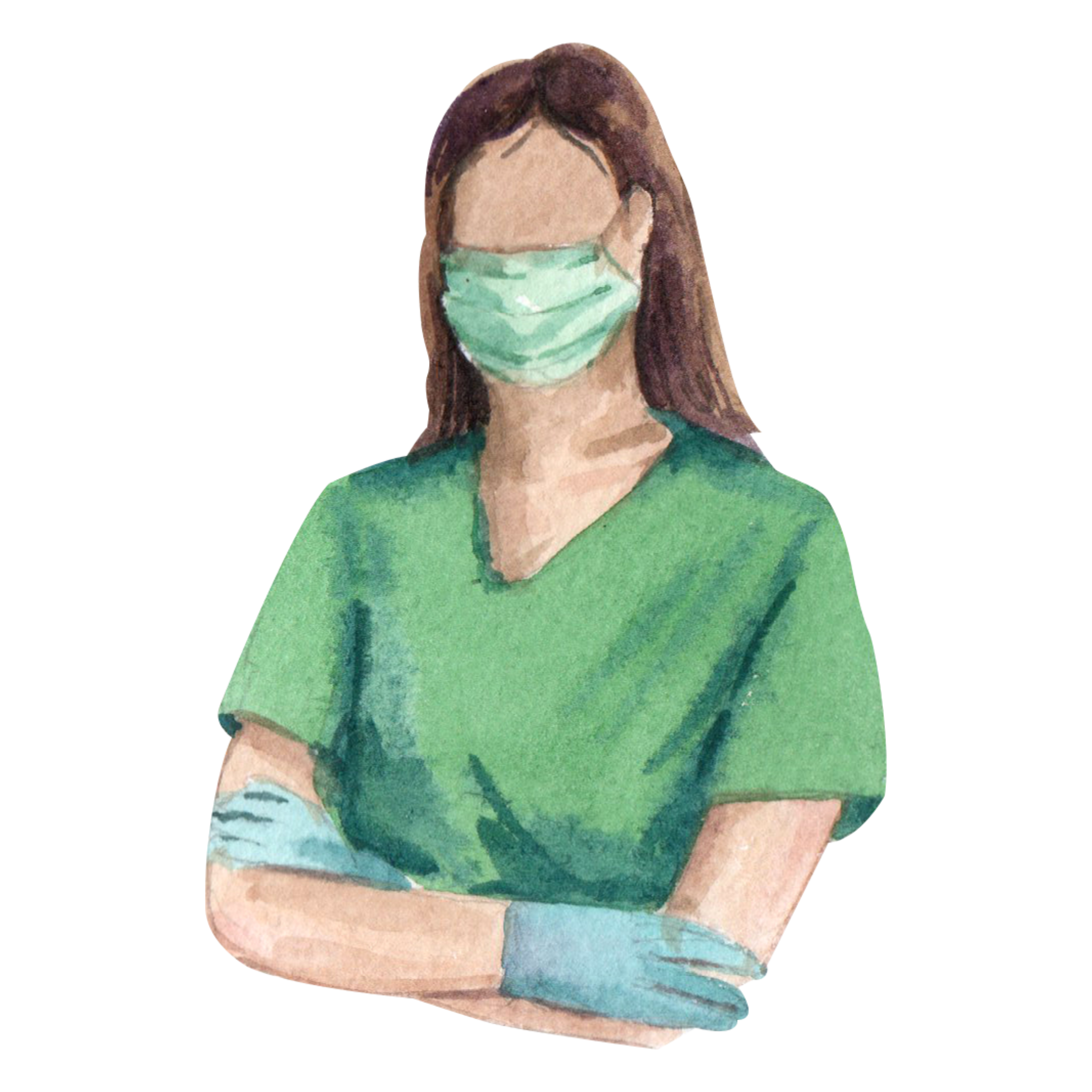

Everyone always asks, ‘What's the worst thing you've seen?’ with a big grin on their face. And I know what they really mean is, ‘What is the weirdest thing someone has put in their butt?’.
But please, please never ask a first responder of any profession what the worst thing they have seen is. Because I can guarantee you it's not as fun a story as you may think.
Q: What are some of the hardest parts of your job?

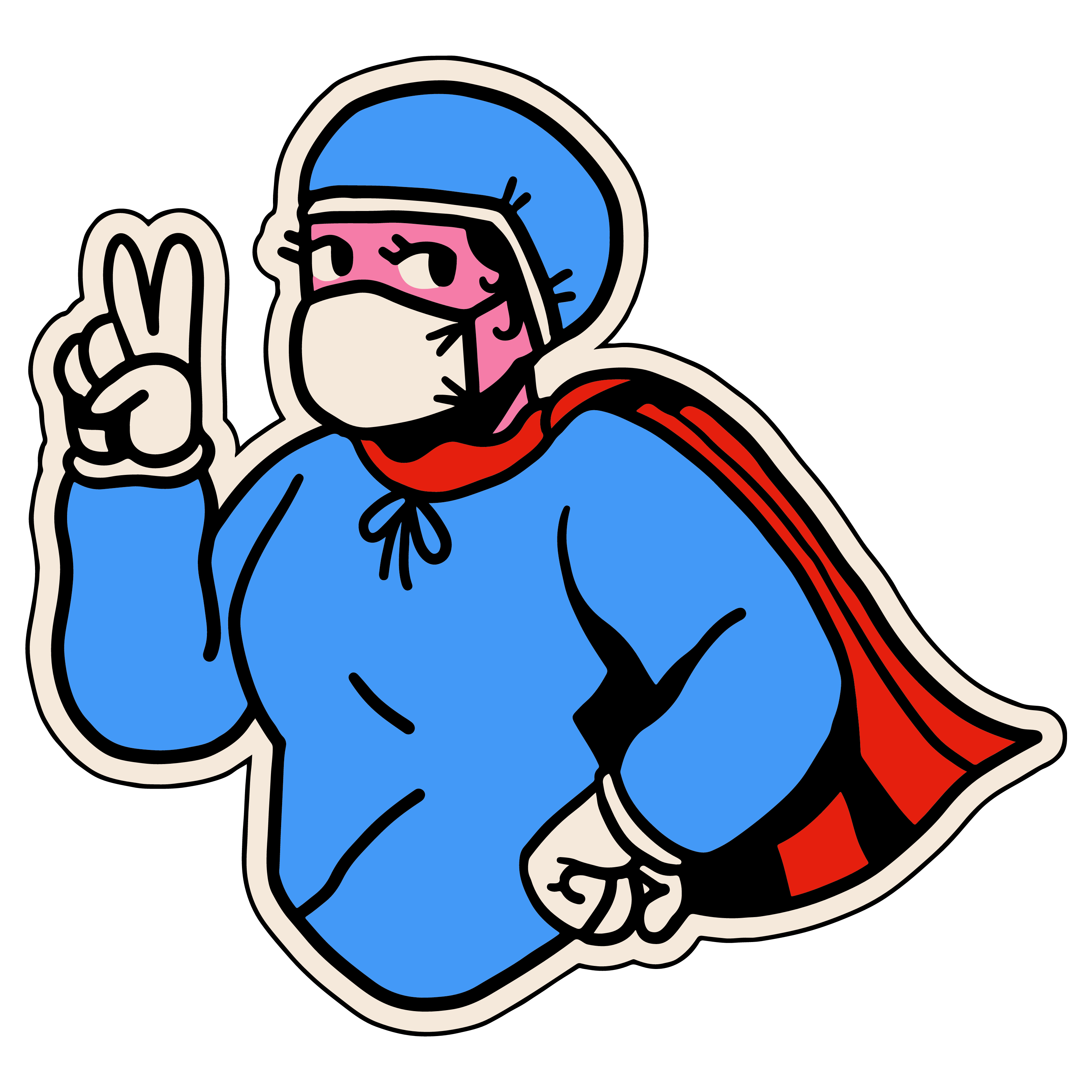
Q: Why do you think a national day like Thank a First Responder Day is important to ED nurses and other frontline staff?
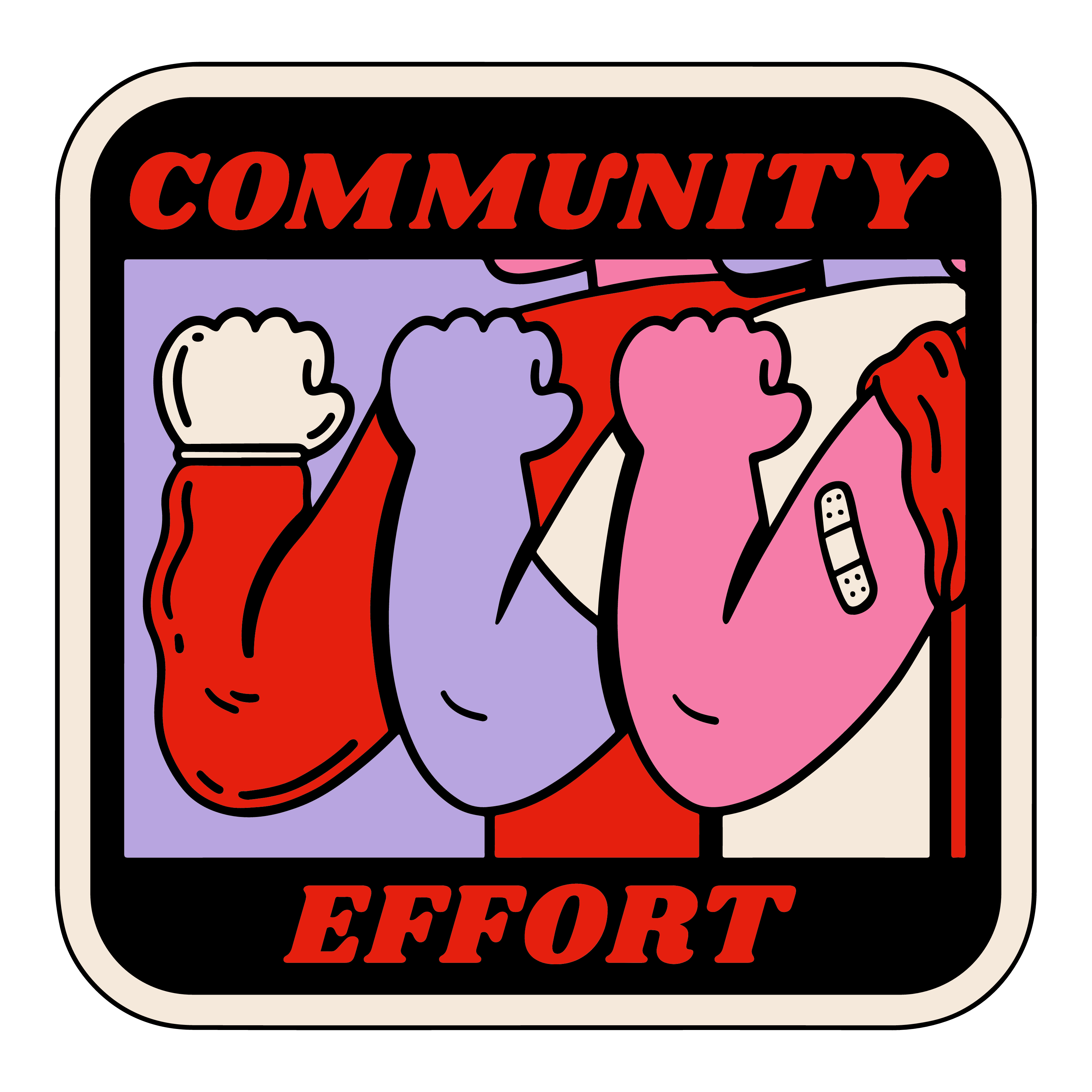
Please, please leave 000 for emergencies and learn to understand the role of triage (the assessment process in which patient care is prioritised in the emergency room). Just because you were here first with your ingrown toenail does not mean you will be seen before anyone else.
Q: What are some things the general public can do to make the everyday lives of ED nurses easier?

My support network has stayed fairly similar since starting nursing. You need to have "non-medical" friends to help balance life out, and that understand what your job demands of you. But, you also have to remember that these people don't necessarily like talking about their bowel movements at the dinner table!
Q: How does the nature of your job impact you outside of your workplace, and how does it impact your support network?
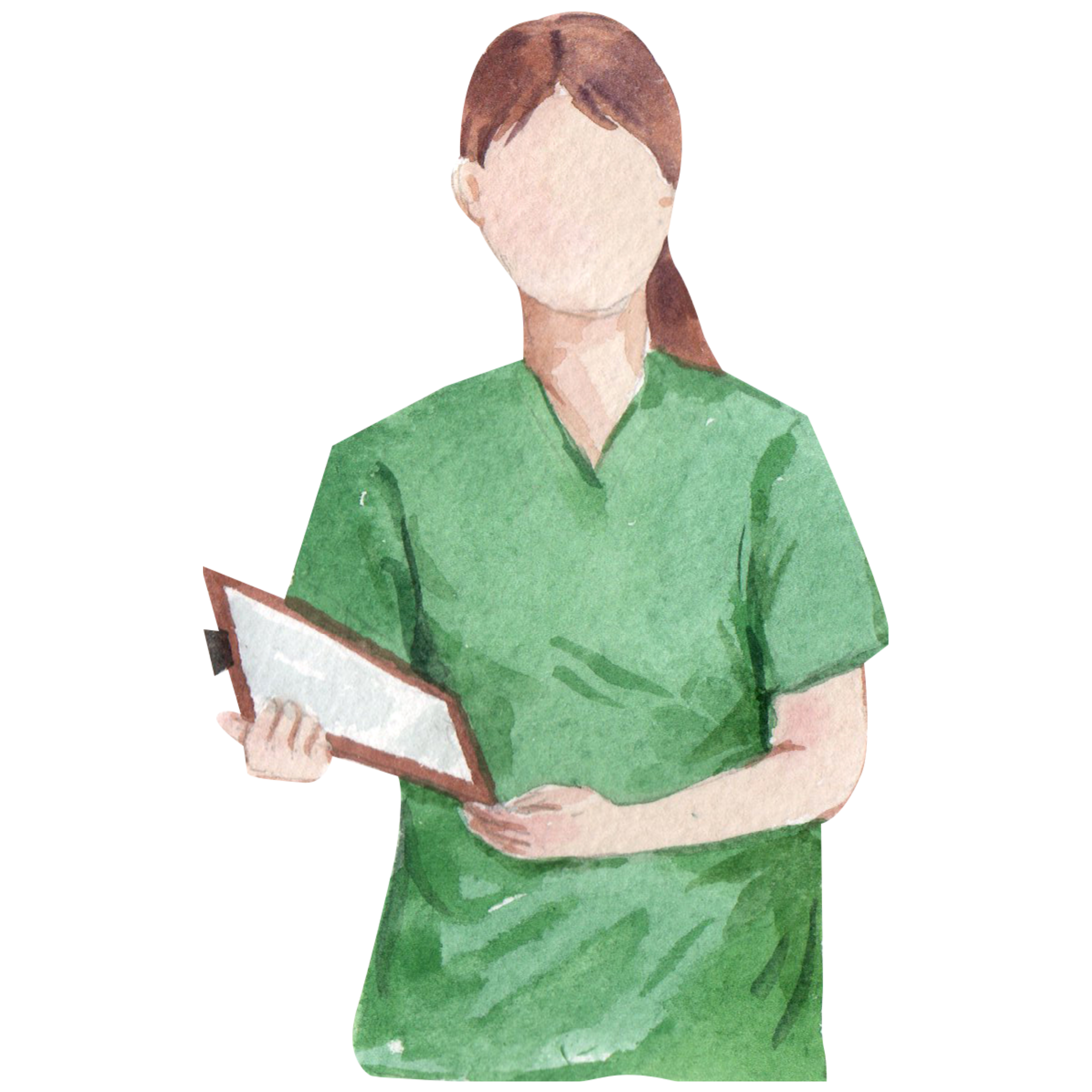
As hard as it is, it is definitely worth it! With better conditions and better nurse-to-patient ratios, this job would be a dream come true.
Q: Do you have any advice for anyone thinking about getting into ED nursing or any First Responder role?
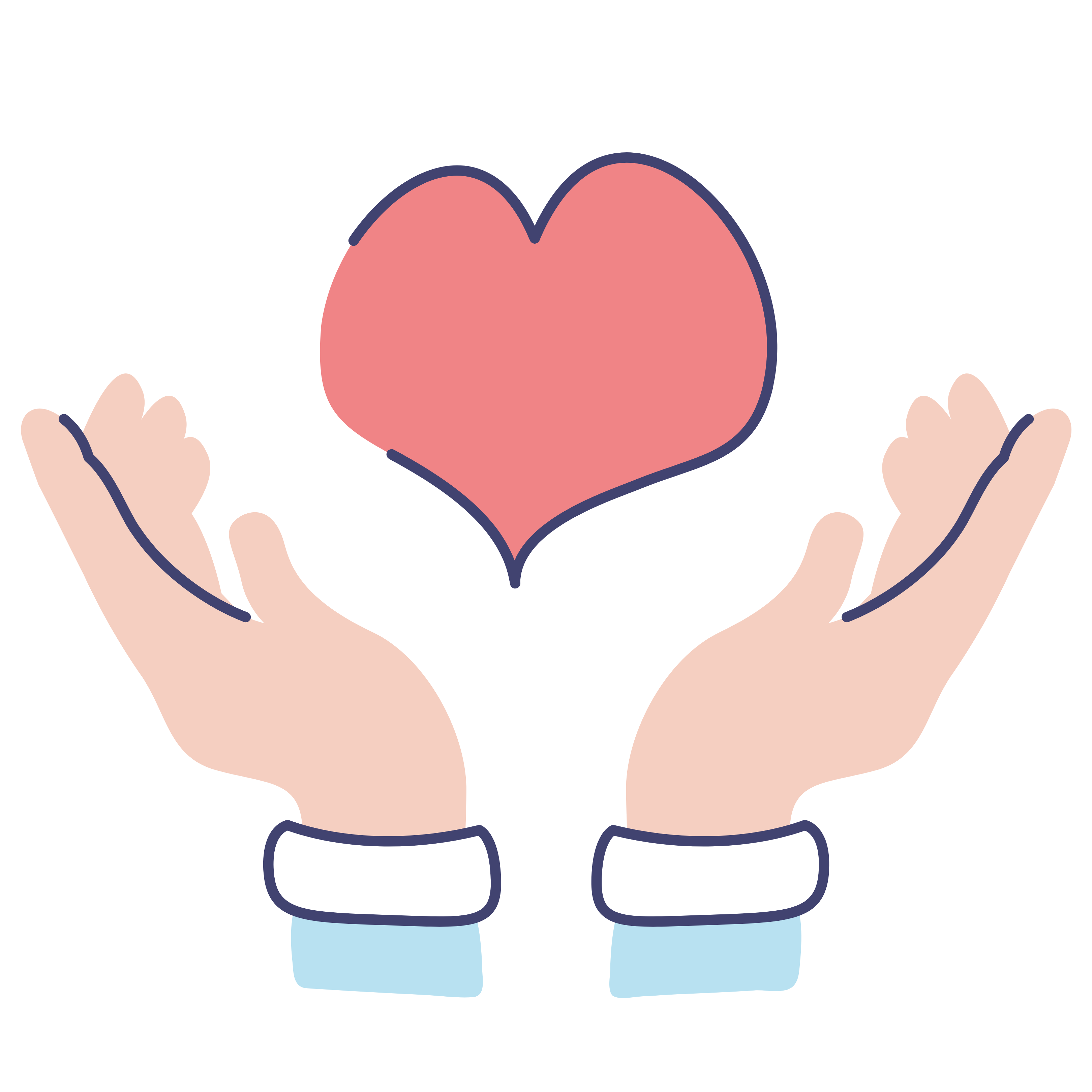
See full T&C’s at playforpurpose.com.au. Promoter is 50-50 Foundation Ltd. Entry open to residents of Queensland, New South Wales, Australian Capital Territory, Victoria, Tasmania and Northern Territory who are 18 years of age or older. Permits QLD 158466, NSW GOCAU/2341, VIC 10063/23, ACT R23/00016 and NT FNL1002.










The hardest part of nursing is knowing the truth behind someone's diagnosis before they do. It's hearing the tears of a grieving mother, father, brother, or friend as their loved one takes their last breath. It's being yelled at for being "lazy and slow" because you took the extra time to explain the word "palliative" to a patient's husband and be there to comfort him while he takes it all in. It's seeing, hearing, and feeling all of this... and then leaving for the day and putting a smile on because you can't take any of this home with you to your family.
Making a
Difference